How to Fall Asleep with Anxiety: 7 Proven Strategies of 2024 for Rapid Relaxation and Positive Sleep
“Discover 2024’s proven strategies for rapid relaxation and positive sleep. Learn how to fall asleep with anxiety effectively.”
Introduction to How to Fall asleep with Anxiety!
Welcome to “How to Fall Asleep with Anxiety: 7 Proven Strategies of 2024 for Rapid Relaxation and Positive Sleep.” Battling anxiety during bedtime is a universal challenge, and this article is your guide to conquering it. In the fast-paced world of 2024, sleep is more crucial than ever, and we bring you cutting-edge strategies to swiftly soothe your mind and embrace restful nights.
Let’s delve into practical techniques, tailored for the unique landscape of anxiety-induced sleep struggles. Uncover the keys to serene slumber as we navigate through the latest insights to ensure your journey toward better sleep is both effective and empowering.
Unlock Tranquil Nights: How to Fall Asleep with Anxiety -Roadmap to Serenity
Do you struggle to fall asleep because of anxiety? Tossing and turning, unable to quiet your mind? Sleepless nights can take a toll on your well-being, making it even harder to manage anxiety. But what if there were proven strategies to help you, how to fall asleep with anxiety? Techniques that promote rapid relaxation and positive sleep?
In this comprehensive guide, we will explore seven strategies that have been proven effective for falling asleep with anxiety. From creating a tailored sleep environment to incorporating relaxation techniques into your nightly routine, we will provide you with the tools you need to experience restful nights and wake up refreshed.
Key Takeaways:
- Create a comfortable sleep environment by optimizing room temperature, choosing the right mattress and bedding, and ensuring darkness for melatonin production.
- Develop a consistent sleep routine that signals to your body it’s time to wind down and prepare for sleep.
- Incorporate relaxation techniques, such as the 4-7-8 breathing method, yoga and meditation, and progressive muscle relaxation, into your nightly routine to promote relaxation and reduce anxiety.
- Manage your exposure to light by creating a dark sleep environment and limiting artificial light before bed.
- Consider dietary factors that can enhance sleep quality and explore anxiety-induced insomnia solutions through diet.
By learning and implementing these strategies, you can reclaim the restful sleep you deserve and manage your anxiety more effectively.
An Overview of Anxiety and Sleep Challenges
Before diving into the strategies for falling asleep with anxiety, it’s important to have a clear understanding of the relationship between anxiety and sleep. Anxiety can have a significant impact on sleep quality and can often lead to insomnia or other sleep disturbances. Sleep problems and anxiety often go hand in hand, creating a vicious cycle where anxiety causes sleep issues, and lack of sleep further exacerbates anxiety symptoms.
The sequel follows the impact of anxiety on sleep quality and the various causes of sleep issues in anxious individuals. Understanding the connection between anxiety and sleep will help you better comprehend the need for effective strategies to promote relaxation and positive sleep.
Tailoring Your Sleep Environment for Comfort
Creating a comfortable sleep environment is essential for falling asleep with anxiety. By optimizing your sleep environment, you can create a calming space that promotes relaxation and improves your sleep quality.
Optimal Room Temperature and Its Role in Sleep
One crucial factor in creating a comfortable sleep environment is maintaining an optimal room temperature. The ideal temperature for sleep is typically between 60- and 67-degrees Fahrenheit (15 to 19 degrees Celsius). Adjusting the thermostat to this range can help promote better sleep by providing a cool and comfortable atmosphere. It’s important to find a temperature that suits your preferences, allowing your body to relax and regulate its temperature efficiently.
Choosing the Right Mattress and Bedding
The choice of mattress and bedding can significantly impact your sleep comfort. It’s important to select a mattress that provides proper support and aligns with your sleeping preferences. Whether you prefer a firm or plush mattress, finding the right balance is crucial.
Additionally, investing in high-quality bedding with breathable materials can enhance your sleep experience by regulating body temperature and promoting air circulation. Consider factors such as mattress firmness, material composition, and personal comfort preferences when choosing the right mattress and bedding for your sleep environment.
The Importance of Darkness for Melatonin Production
Creating a dark sleep environment is essential for promoting optimal sleep quality. Darkness plays a crucial role in the production of melatonin, a hormone that regulates sleep-wake cycles. Exposure to light, especially blue light emitted by electronic devices, can disrupt melatonin production and interfere with your ability to fall asleep. To create a sleep-friendly environment, consider using blackout curtains or blinds to block out external light sources. Minimizing the use of electronic devices before bedtime can also help promote darkness and enhance melatonin production.
By optimizing room temperature, selecting the right mattress and bedding, and promoting darkness, you can create a calming ambiance conducive to relaxation and restful sleep.
Developing a Consistent Sleep Routine
Establishing a bedtime routine is essential for those struggling to fall asleep with anxiety. A consistent sleep schedule helps regulate the body’s internal clock, making it easier to fall asleep and wake up at the desired times. By implementing a regular sleep routine, you can create a sense of predictability and signal to your body that it’s time to wind down and prepare for sleep.
Creating an effective bedtime routine involves incorporating nighttime habits that promote better sleep and help manage anxiety. Here are some important elements to consider:
-
Set a consistent sleep schedule:
Go to bed and wake up at the same time every day, even on weekends. This helps regulate your body’s natural sleep-wake cycle.
-
Create a calming pre-sleep ritual:
Engage in activities that promote relaxation, such as reading, taking a warm bath, or practicing mindfulness exercises.
-
Avoid stimulating activities before bed:
Limit or avoid exposure to bright screens (phones, tablets, TVs) and stimulating activities that can interfere with sleep, such as intense exercise or engaging in intense discussions.
-
Create a sleep-friendly environment:
Make your bedroom a comfortable and peaceful space. Consider using earplugs, an eye mask, or a white noise machine to block out disruptive noises.
-
Avoid caffeine and heavy meals close to bedtime:
Consuming caffeine or eating large meals shortly before bed can interfere with sleep. Opt for herbal tea or a light snack if necessary.
-
Practice relaxation techniques:
Incorporate relaxation techniques into your bedtime routine, such as deep breathing exercises or gentle stretching, to calm your mind and body.
A consistent sleep routine can have a substantial positive impact on both sleep quality and anxiety levels. By establishing healthy nighttime habits and adhering to a regular sleep schedule, you can create a conducive environment for better sleep and manage anxiety more effectively.
How to Fall Asleep with Anxiety – Introducing Relaxation Techniques into Your Nightly Routine
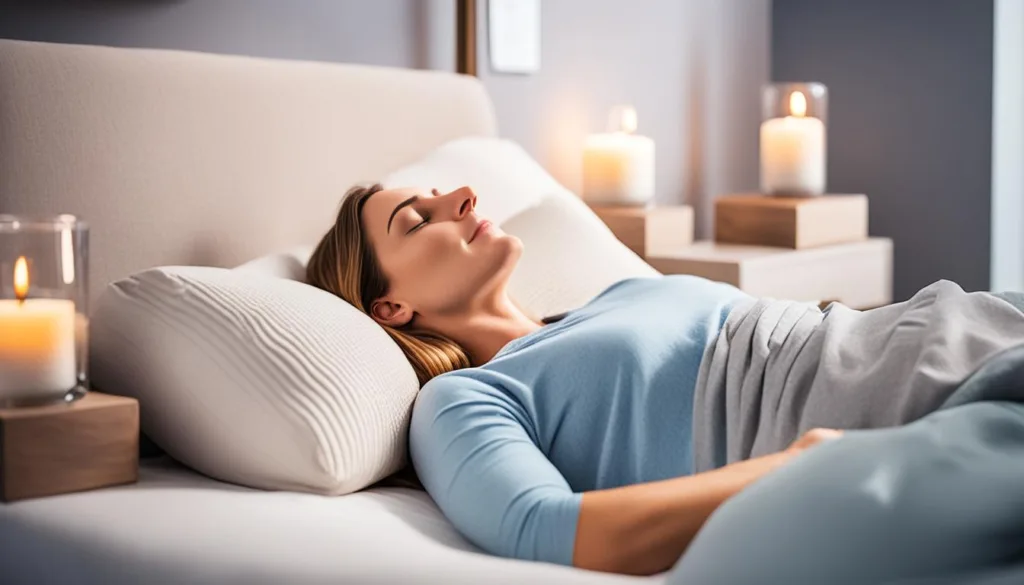
Incorporating relaxation techniques into your nightly routine can help reduce anxiety and promote relaxation, making it easier to fall asleep.
We will provide a detailed explanation of the 4-7-8 breathing method, a simple yet powerful breathing technique to induce relaxation. Additionally, we will discuss the benefits of practicing yoga and meditation before bed for pre-sleep relaxation. Finally, we will explore progressive muscle relaxation, a technique that involves systematically tensing and relaxing different muscle groups to promote overall relaxation.
By incorporating these relaxation techniques into your nightly routine, you can calm your mind and body, facilitating a peaceful transition into sleep.
The 4-7-8 Breathing Method Explained
The 4-7-8 breathing method is a relaxation technique that can help alleviate anxiety and promote calmness. This technique involves inhaling through your nose for a count of 4, holding your breath for a count of 7, and exhaling through your mouth for a count of 8. The 4-7-8 breathing method can activate the body’s relaxation response and help reduce stress and anxiety before bed. Practicing this technique for a few minutes each night can promote relaxation and improve your sleep quality.
How to Fall Asleep with Anxiety –Yoga and Meditation for Pre-Sleep Relaxation
Engaging in yoga and meditation before bed can be beneficial for individuals struggling with anxiety-induced insomnia. Yoga combines physical movement, breath control, and mindfulness, promoting relaxation and reducing anxiety. Practicing gentle yoga poses and focusing on deep breathing can help calm the mind and prepare the body for sleep. Similarly, incorporating meditation techniques, such as mindfulness meditation or guided imagery, can help alleviate anxiety and promote relaxation. By incorporating yoga and meditation into your nightly routine, you can create a sense of peace and tranquility that supports restful sleep.
Progressive Muscle Relaxation to Unwind
Progressive muscle relaxation is a technique that involves systematically tensing and relaxing different muscle groups to promote overall relaxation. This technique can help reduce muscle tension, release physical stress, and alleviate anxiety.
To practice progressive muscle relaxation, start by tensing a specific muscle group, such as your hands or shoulders, for a few seconds, and then consciously release the tension while focusing on the sensation of relaxation. Gradually work your way through each muscle group in your body, from head to toe.
By incorporating progressive muscle relaxation into your nightly routine, you can unwind both physically and mentally, allowing for a more peaceful and restful sleep.
How Exposure to Light Influences Your Sleep Quality
Exposure to light plays a significant role in regulating sleep-wake cycles and impacting sleep quality. Understanding how light influences your sleep can help you better manage anxiety-induced insomnia.
Light exposure has a direct effect on your body’s production of melatonin, a hormone that helps regulate sleep. Increased exposure to light, especially blue light emitted by electronic devices, can suppress melatonin production, making it difficult to fall asleep and stay asleep. This is particularly important for individuals with anxiety, as poor sleep quality can exacerbate anxiety symptoms.
How to Fall Asleep with Anxiety – Strategies for Dark sleep Environment
Here are some strategies to consider:
- Limit exposure to artificial light before bed: Minimize the use of electronic devices such as smartphones, tablets, and TVs close to bedtime. The blue light emitted by these devices can interfere with melatonin production and disrupt your sleep.
- Create a dark bedroom: Use blackout curtains or blinds to block out external light, streetlights, or early morning sunlight. This can help create a conducive environment for restful sleep.
- Avoid bright alarm clocks: Opt for alarm clocks with dim settings or utilize blackout covers to prevent light disturbances during the night.
How to Fall Asleep with Anxiety -Dietary Considerations for Better Sleep Amid Anxiety
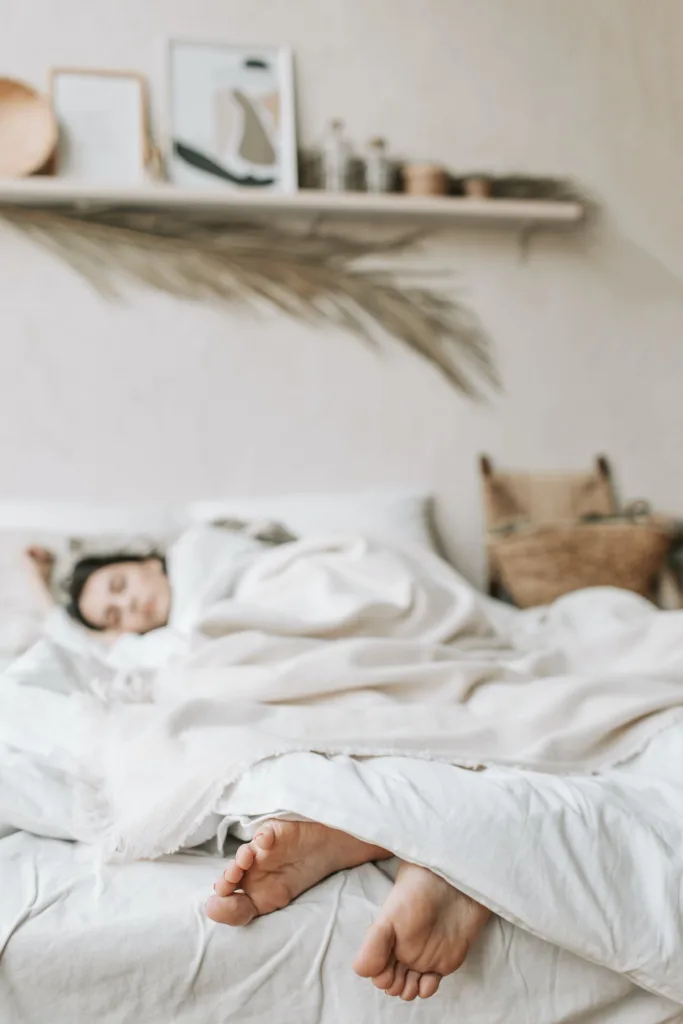
Diet plays a crucial role in overall health and can significantly impact sleep quality, especially for individuals with anxiety. By adopting a sleep-friendly diet, you can nourish your body and promote relaxation, improving your ability to fall asleep with anxiety.
How to Fall Asleep with Anxiety –Impact of Eating Patterns on Sleep
Eating patterns and meal timing can have a direct influence on your sleep quality. Irregular eating schedules, late-night snacking, or consuming heavy meals close to bedtime can disrupt your sleep. It’s best to establish a routine by having regular mealtimes and avoiding heavy meals at least two to three hours before bed.
Foods and Nutrients That Enhance Sleep Quality
Certain foods and nutrients can promote better sleep by calming the mind and enhancing relaxation. Consider incorporating the following sleep-friendly options into your diet:
-
Foods rich in tryptophan:
Tryptophan is an amino acid that helps produce serotonin and melatonin, hormones that regulate sleep. Good sources of tryptophan include turkey, chicken, eggs, dairy products, nuts, and seeds.
-
Complex carbohydrates:
Foods like whole grains, legumes, and vegetables are rich in complex carbohydrates that help stimulate the release of insulin. This insulin promotes the uptake of amino acids, including tryptophan, into the brain, supporting better sleep.
-
Magnesium-rich foods:
Magnesium is a mineral that plays a role in promoting relaxation and improving sleep quality. Include magnesium-rich foods in your diet, such as leafy green vegetables, nuts, seeds, and whole grains.
-
Foods high in vitamins B6 and B12:
These vitamins are involved in the production of neurotransmitters, including serotonin and melatonin, which are essential for regulating sleep. Good sources of vitamin B6 and B12 include fish, poultry, eggs, leafy green vegetables, and fortified cereals.
-
Herbal teas:
Certain herbal teas like chamomile, lavender, and valerian root have calming properties and can aid in relaxation before bedtime. Enjoying a cup of herbal tea as part of your evening routine may help promote better sleep.
By incorporating these sleep-enhancing foods and nutrients into your diet, you can support relaxation, improve sleep quality, and manage anxiety-induced insomnia through diet.
How to Fall Asleep with Anxiety – Sleep Promoting Diet Plan
| Foods and Nutrients | Benefits |
|---|---|
| Tryptophan-rich foods | Promote the production of sleep-regulating hormones like serotonin and melatonin. |
| Complex carbohydrates | Stimulate the release of insulin, aiding in the uptake of tryptophan into the brain. |
| Magnesium-rich foods | Promote relaxation and improve sleep quality. |
| Foods high in vitamins B6 and B12 | Support the production of sleep-regulating neurotransmitters. |
| Herbal teas | Provide calming properties and aid in relaxation before bed. |
How to Fall Asleep with Anxiety
Falling asleep with anxiety can be a challenge, but there are effective strategies that can help you manage anxiety-induced insomnia and promote positive sleep. Throughout this article, we have discussed various techniques and tips aimed specifically at improving sleep quality for individuals with anxiety. Now, let’s consolidate and summarize these strategies to provide you with a comprehensive guide on how to fall asleep with anxiety.
1. Tailor Your Sleep Environment:
Create a comfortable sleep environment by optimizing your room temperature, choosing the right mattress and bedding, and ensuring darkness for melatonin production.
2. Develop a Consistent Sleep Routine:
Establish a bedtime routine with nighttime habits that signal your body it’s time to relax and prepare for sleep.
3. Introduce Relaxation Techniques:
Incorporate relaxation techniques such as the 4-7-8 breathing method, yoga, meditation, and progressive muscle relaxation into your nightly routine to calm your mind and body.
4. Manage Exposure to Light:
Be mindful of light exposure, create a dark sleep environment, and limit exposure to artificial light before bed.
5. Consider Dietary Factors:
Adopt a sleep-friendly diet by maintaining regular eating patterns and including foods and nutrients that enhance sleep quality.
6. Utilize Physical Activity:
Engage in regular physical activity, both indoors and outdoors, to manage anxiety and promote better sleep.
7. Harness the Power of Sound and Music:
Incorporate calming sounds and music into your bedtime routine to induce sleep and relaxation.
By implementing these strategies, you can create an optimal sleep environment, manage anxiety, and improve your ability to fall asleep with anxiety. Remember, finding the methods that work best for you may take time and experimentation. Consult with a healthcare professional for personalized advice if you consistently struggle with anxiety and sleep issues.
Now, let’s take a moment to visualize the tips and strategies outlined above with an informative image:
The Role of Physical Activity in Managing Anxiety and Insomnia
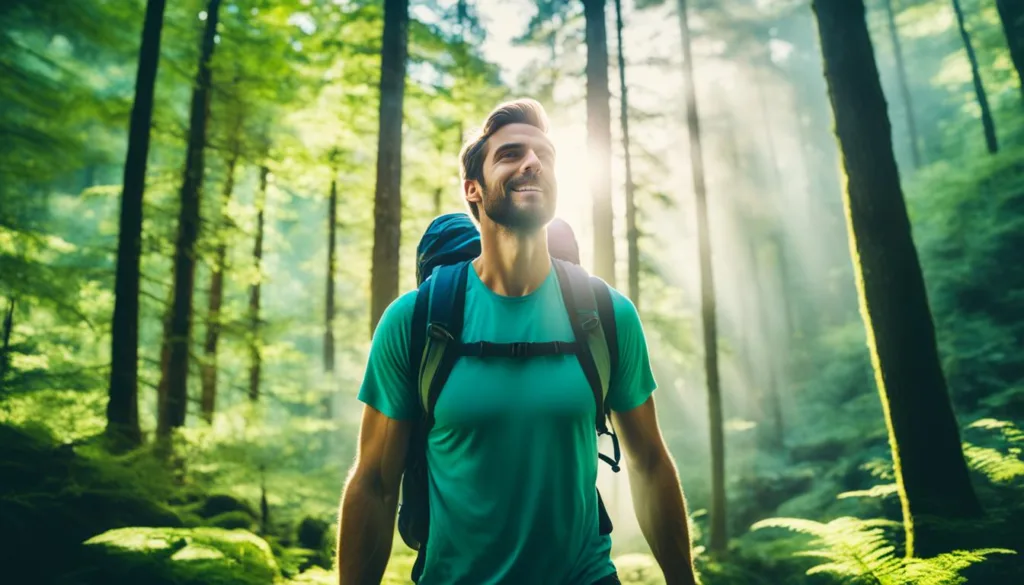
Physical activity is an essential factor in managing anxiety and improving sleep quality. Engaging in regular exercise can significantly reduce anxiety levels and promote relaxation, making it easier to fall asleep. Additionally, physical activity has been shown to regulate sleep-wake cycles and enhance sleep duration and quality.
Timing and Types of Exercise for Optimal Sleep
The timing and types of exercise you choose can have a direct impact on your sleep quality. It is recommended to avoid vigorous exercise close to bedtime as it can increase alertness and make it difficult to fall asleep. Instead, aim to complete your workout at least a few hours before bedtime to allow your body to cool down and relax.
When it comes to the types of exercise, aerobic activities such as walking, cycling, or swimming have shown to be particularly beneficial for sleep improvement. These activities increase the release of endorphins, which can help reduce anxiety and promote a sense of well-being, conducive to better sleep.
Outdoor Activities and Their Connection to Sleep Improvement
Outdoor activities offer unique advantages for sleep improvement, especially for individuals with anxiety. Spending time in nature has been found to reduce stress, alleviate anxiety symptoms, and increase relaxation. Incorporating outdoor activities such as hiking, gardening, or even a simple walk in the park into your routine can have significant benefits for both your mental well-being and sleep quality.
How to Fall Asleep with Anxiety – Recommended Timings and Types of Exercises
| Timing and Types of Exercise | Recommended Activities |
|---|---|
| Morning or afternoon | Brisk walking, jogging, swimming |
| Early evening | Cycling, light strength training, yoga |
| Avoid close to bedtime | Vigorous exercise, competitive sports |
By incorporating physical activity into your daily routine, you can harness its powerful effects on anxiety reduction and sleep improvement. Remember to consult with your healthcare professional before beginning any new exercise regimen, especially if you have pre-existing health conditions.
How to Fall Asleep with Anxiety -Utilizing Sound and Music for Sleep Induction
Sound and music have a profound impact on relaxation and can be powerful tools for falling asleep with anxiety. By incorporating soothing sounds and calming music into your bedtime routine, you can create a peaceful atmosphere that promotes relaxation and induces sleep.
When using sound for sleep induction, it’s important to choose sounds that have a calming effect on the mind and body. Nature sounds such as ocean waves, rain, or gentle forest sounds are popular choices for relaxation. These sounds can help distract your mind from anxious thoughts and create a soothing ambiance conducive to sleep.
Sound Solutions for Serene Sleep: Embracing White Noise and Soothing Melodies
Another effective sound option is white noise, which can help mask external noises and create a consistent background sound. White noise machines and apps provide a variety of white noise options, such as static, fans, or waterfalls. Experiment with different sounds to find the one that works best for you.
Music can also be a powerful tool for sleep induction. Soft, slow-tempo instrumental music or classical music are often recommended for relaxation. These genres tend to have a calming effect on the nervous system and can help slow down your heart rate and breathing, preparing you for sleep.
How to Fall asleep with Anxiety! Customizing Tranquility: Crafting Your Perfect Sleep Playlist for Serene Slumber
Create a playlist of your favorite relaxing songs or explore curated sleep playlists on music streaming platforms. Remember: It’s important to choose music without lyrics, as lyrics can stimulate the mind and interfere with relaxation.
Experiment with different sounds and music to find what works best for you. Don’t be afraid to customize your sleep playlist to suit your personal preferences and individual needs. The key is to create a soothing and relaxing environment that promotes calmness and helps you fall asleep more easily.
Tailoring Sleep Solutions: How to Fall Asleep with Anxiety through Personalized Strategies
Everyone’s experience with anxiety and sleep is unique. If you struggle, consult a healthcare professional for personalized guidance. Adopt strategies discussed, like creating a cozy sleep environment and practicing relaxation. Be patient, adjust gradually, and take control of your sleep for restful nights and better anxiety management.
Implementing these strategies may take time and experimentation to find what works best for you, but with persistence and proactive steps, you can overcome sleep challenges associated with anxiety.
How to Fall Asleep with Anxiety -Guiding the Way: Strategies for Restful Sleep Amid Anxiety Challenges!
Embracing Unique Paths: How to Fall Asleep with Anxiety and Achieve Restful Nights. If you’re struggling, consult a healthcare professional for personalized guidance. Adopt strategies discussed, like creating a cozy sleep environment and practicing relaxation.
Be patient, adjust gradually, and take control of your sleep for restful nights and better anxiety management. Implementing these strategies may take time and experimentation to find what works best for you, but with persistence and proactive steps, you can overcome sleep challenges associated with anxiety.
How to Fall Asleep with Anxiety –Conclusion
In conclusion, falling asleep with anxiety can be challenging, but there are effective strategies and tips that can help manage insomnia and promote restful nights. Throughout this article, we have explored various techniques to create an optimal sleep environment, develop a consistent sleep routine, incorporate relaxation techniques, manage exposure to light, consider dietary factors, engage in physical activity, and utilize sound and music for sleep induction.
In this article, we have provided detailed information on how to fall asleep with anxiety. By following the steps outlined, you can escape sleepless nights and enjoy restful sleep for a better tomorrow.
FAQ
What is the relationship between anxiety and sleep?
Anxiety can significantly impact sleep quality, often leading to insomnia or other sleep disturbances. Sleep problems and anxiety are interconnected, creating a cycle where anxiety causes sleep issues, and lack of sleep further worsens anxiety symptoms.
How can I create a comfortable sleep environment to fall asleep with anxiety?
To create a comfortable sleep environment, consider optimizing your room temperature for sleep, choosing the right mattress and bedding, and ensuring a dark sleep environment to promote melatonin production.
How can a consistent sleep routine help with falling asleep with anxiety?
Developing a consistent sleep routine helps regulate your body’s internal clock, making it easier to fall asleep and wake up at the desired times. A bedtime routine with nighttime habits conducive to better sleep can also help manage anxiety and promote relaxation.
What relaxation techniques can I incorporate into my nightly routine to fall asleep with anxiety?
The 4-7-8 breathing method, practicing yoga and meditation, and engaging in progressive muscle relaxation can help reduce anxiety and induce relaxation, making it easier to fall asleep.
How does exposure to light impact sleep quality when dealing with anxiety?
Exposure to light plays a significant role in regulating sleep-wake cycles. Managing light exposure by creating a dark sleep environment and limiting artificial light before bed can optimize sleep quality and promote relaxation.
Are there any dietary considerations that can improve sleep quality with anxiety?
Yes, certain eating patterns, foods, and nutrients can enhance sleep quality. A sleep-friendly diet can include maintaining regular mealtimes, incorporating sleep-promoting foods, and considering specific dietary solutions to manage anxiety-induced insomnia.
What are some tips for falling asleep with anxiety?
Managing anxiety to fall asleep includes implementing strategies such as creating a comfortable sleep environment, developing a consistent sleep routine, practicing relaxation techniques, managing light exposure, adopting a sleep-friendly diet, engaging in physical activity, and utilizing sound and music for sleep induction.
How does physical activity help in managing anxiety and insomnia?
Regular physical activity can help reduce anxiety, promote relaxation, and improve sleep quality. The timing and types of exercise you engage in, as well as outdoor activities, can have a significant impact on managing anxiety and insomnia.
Can sound and music be beneficial for falling asleep with anxiety?
Yes, sound and music can have a profound impact on relaxation and induce sleep. Using calming sounds and choosing the right music for sleep can create a soothing atmosphere that promotes relaxation and positive sleep.
Source Links
- https://www.nytimes.com/2023/12/28/well/mind/mental-health-stress-management.html
- https://www.sleepfoundation.org/sleep-hygiene/relaxation-exercises-to-help-fall-asleep
- https://www.healthline.com/nutrition/ways-to-fall-asleep
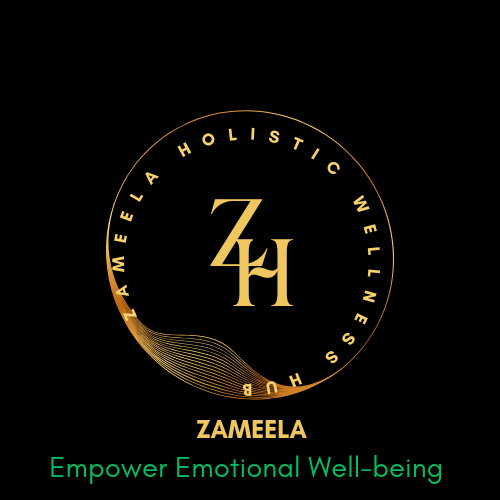
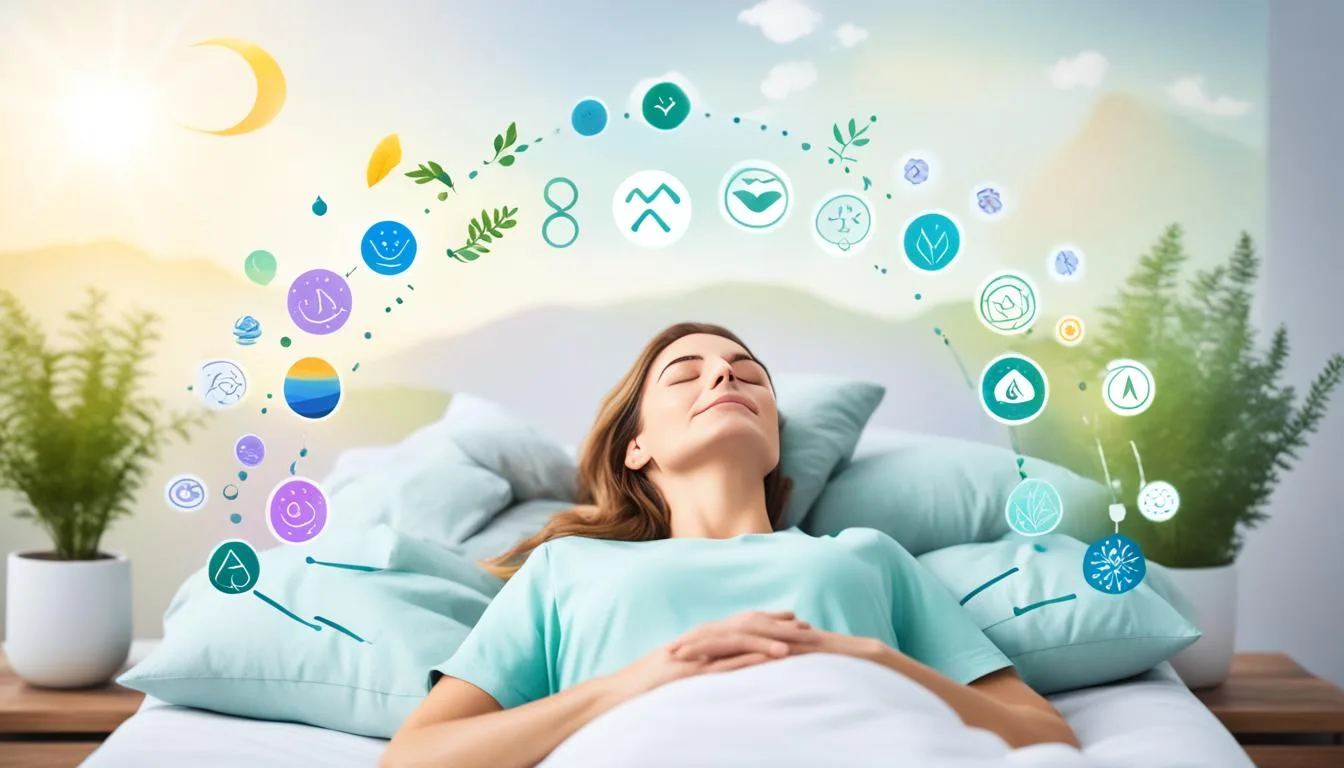
Wow, incredible blog layout! How lengthy have you ever been blogging for?
you made running a blog look easy. The full look of your web site
is great, let alone the content! You can see similar: dobry sklep
and here najlepszy sklep